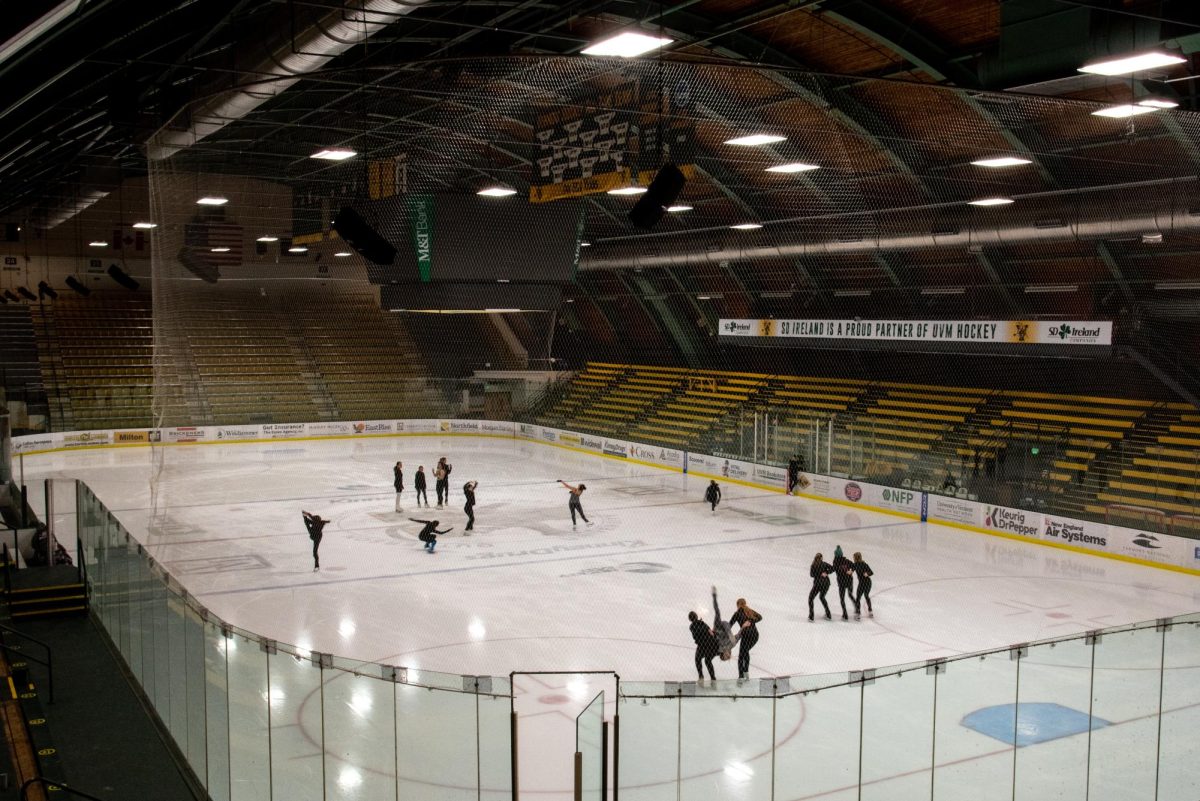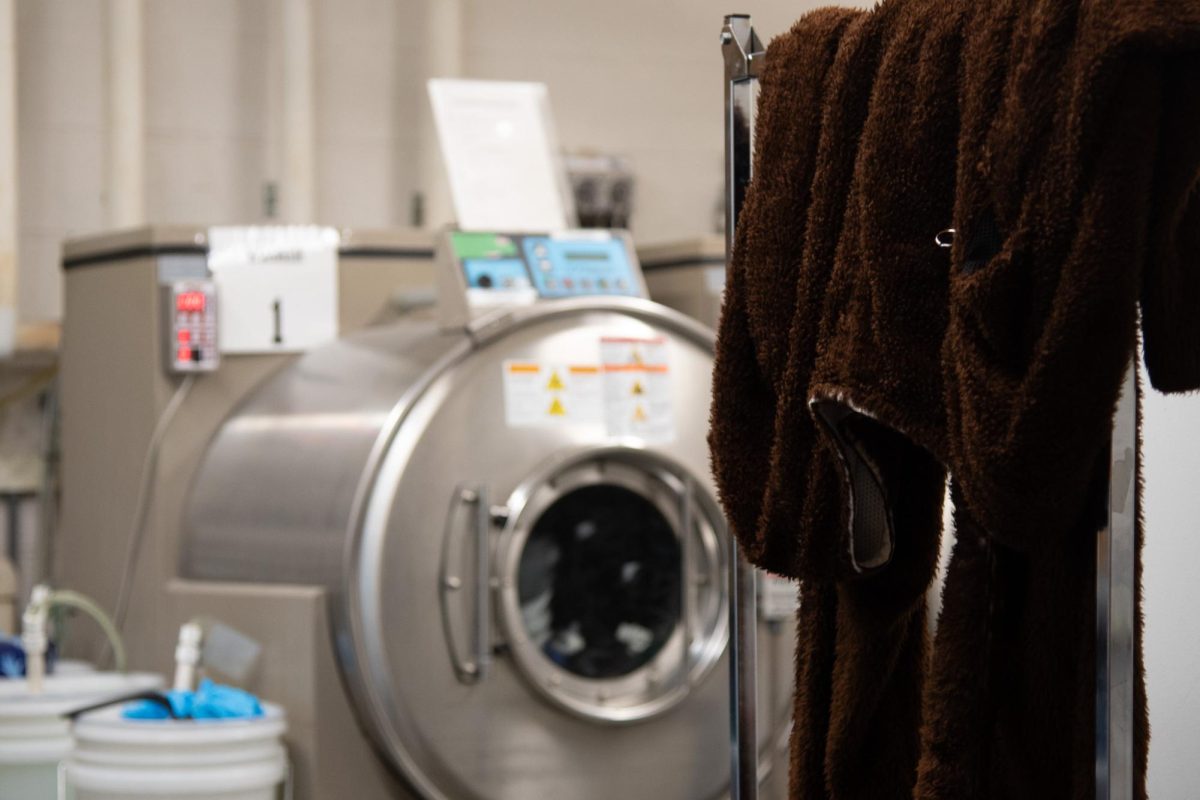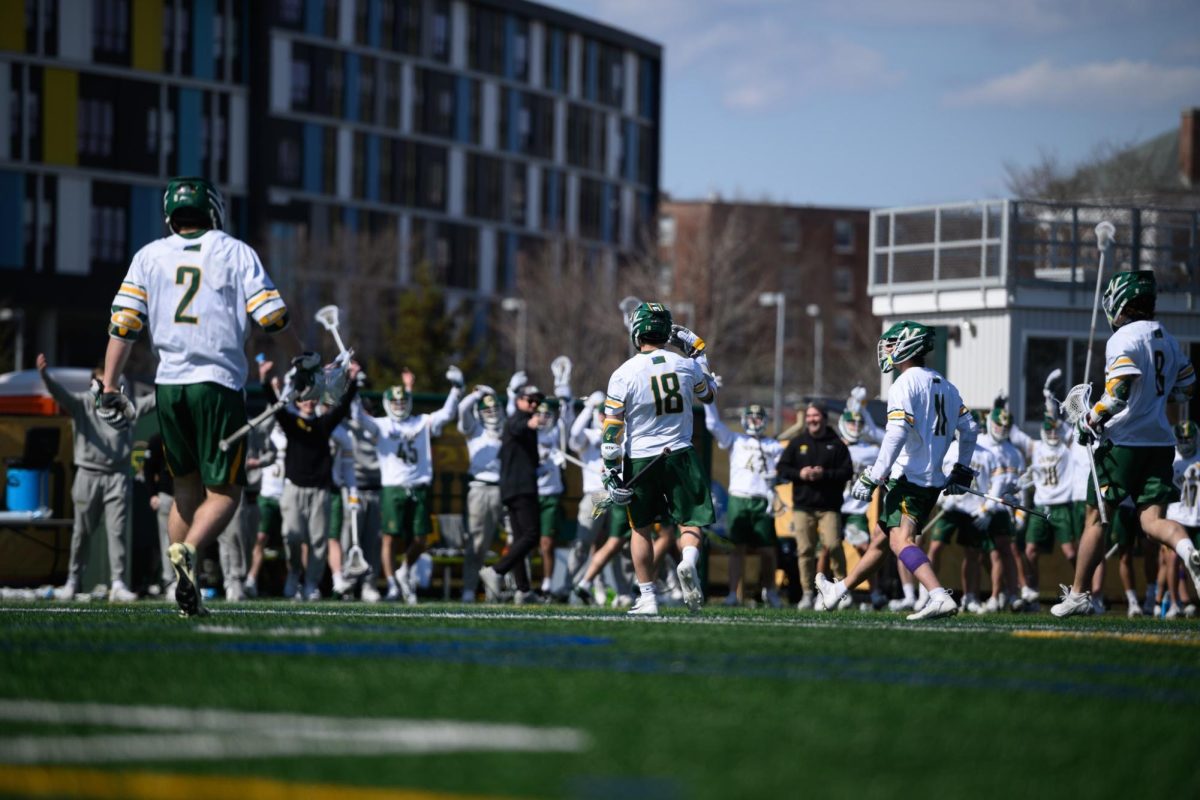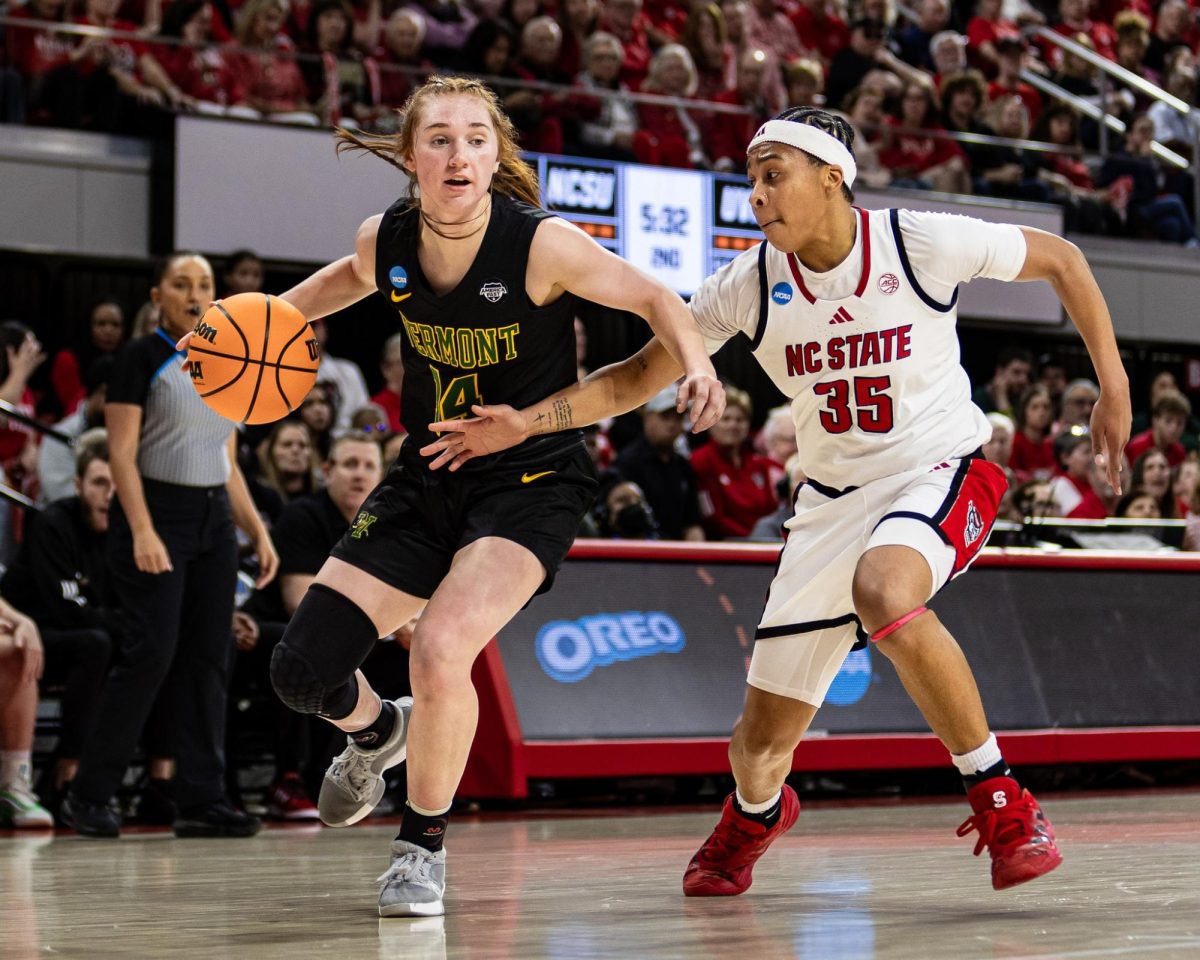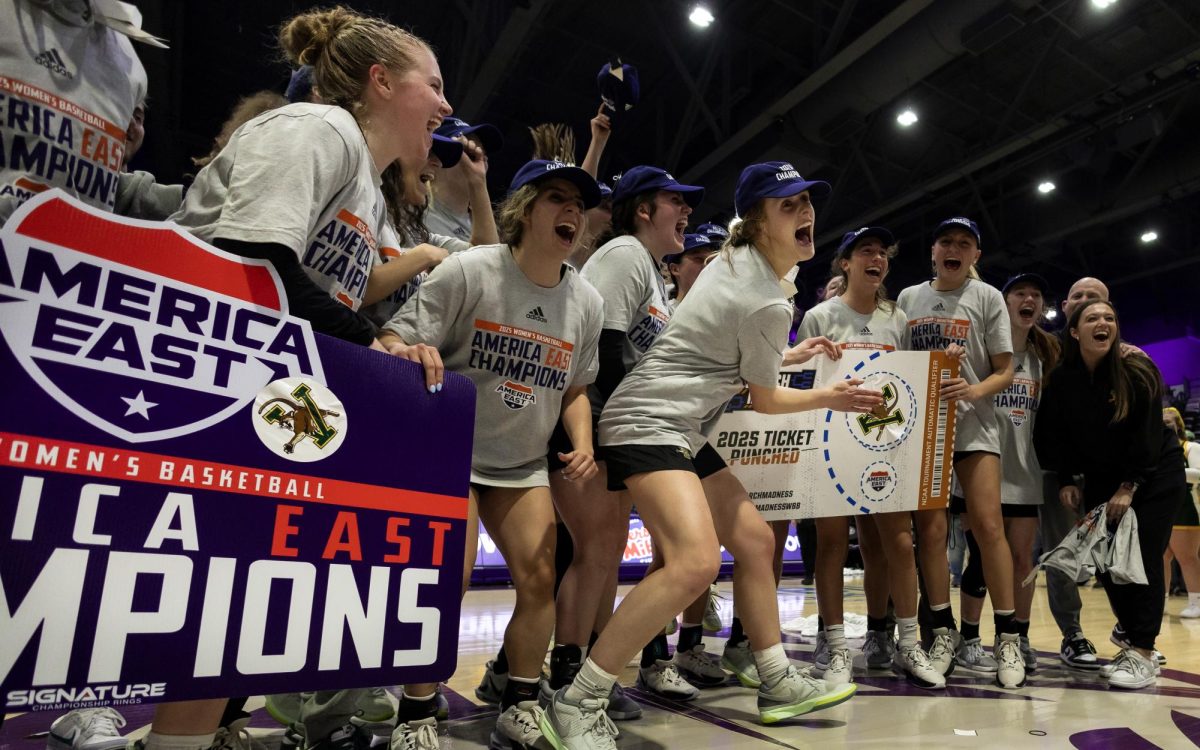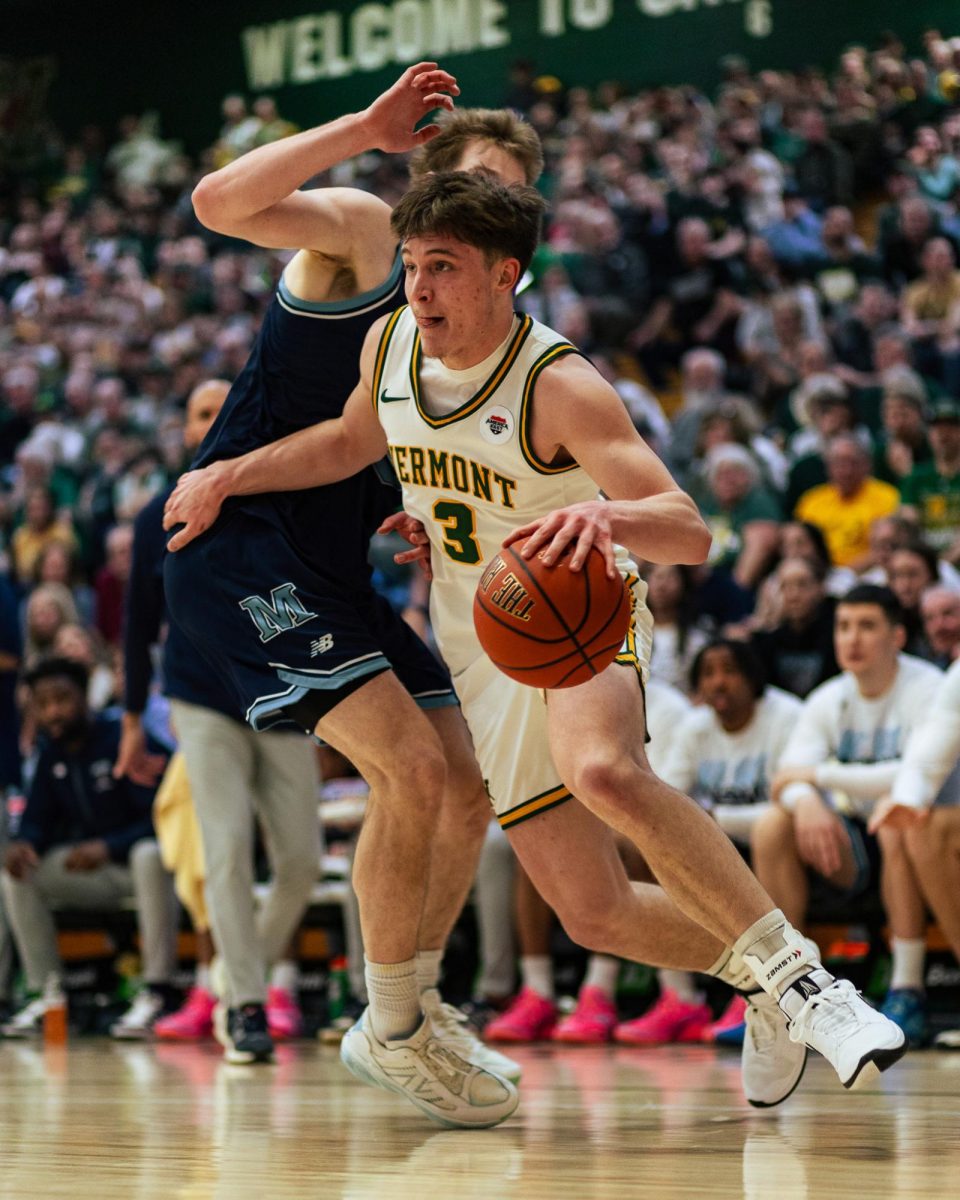For the record, I did have the idea for this column before Marc Spears of Yahoo! Sports published his own version of a similar column. But who can blame the media in general for examining this issue so strenuously?
The NBA is in a state of fundamental transition as a major sports league in the United States. As we saw last week, Carmelo Anthony forced Denver’s hand into trading him elsewhere before the trade deadline.
Carmelo wanted out of Denver for a few reasons. First, he wanted to play in his hometown of New York; that sits fine with me as a valid reason.
Secondly, he wanted to play in a big market where endorsement deals can be racked up just as fast as lore to build up your legendary status as one of the all-time greats.
Thirdly, he wanted to play with his friend — and fellow superstar — Amar’e Stoudemire in hopes of beginning a championship dynasty with the Knicks.
So what is the problem here? Why are these reasons invalid and why is it so bad that Carmelo went home to New York?
The trend in the NBA, which has emerged extremely quickly, is the desire for superstars to play in cities that will promote their image as celebrities. Notice that I did not allude to big-markets versus small-markets, and this is an important distinction.
New York, Miami, Los Angeles, Boston: these are cities that — for various reasons — attract players because of intangibles. New York is the Mecca of basketball, the heart and soul of the basketball culture — where being a champion cannot compare to being a champion in any other city.
Los Angeles is where the stars go to play and win championships. If you can excel in L.A. you are elevated to a new level of stardom that no other city can replicate and reinforce.
Miami has become — with the addition of Bosh and LeBron — the poor man’s Los Angeles, in that Miami has a certain sex appeal to it. It has always been a young, lively and wild city but now that excitement is being spilled onto the basketball court.
And Boston is the city that embraces those who perform no matter what. There is no team with more history than the Boston Celtics and to add to that unparalleled success is to become legend.
We see this with all-time champions like Russell, Havliceck, Bird, McHale, Cousy, Cowens, Parish, DJ and now Pierce, Allen, Garnett and Rondo.
Money is no longer the determining factor for players deciding where to take their talents.
Denver could have paid Carmelo just as much — if not more — than New York but Carmelo refused. Carmelo has had a ton of success in Denver but still would have played for a terrible New Jersey team rather than the Nuggets.
What does this all mean? It means that no longer can small-market teams even remotely compete for the services of big-name players. The new Collective Bargaining Agreement may help alleviate the flock of all-stars ditching no-name teams, but that remains to be seen.
Even if a smaller city has more than enough money to pay top-flight players, those all-stars won’t necessarily want or even consider signing with that team. We have never seen anything like this in any professional sport.
In the next several years we may see the best point guard in the league — Chris Paul — and the best center in the league — Dwight Howard — leave the teams that have watched them grow into superstars and join teams that they believe will enhance the lore of their stardom.
Orlando isn’t even a bad place to play, but it isn’t Los Angeles. It isn’t Boston, Miami or New York. Orlando is just another city in the eyes of the basketball world.
There is only one solution to prevent the NBA from becoming a top-heavy league with extremely low levels of parity: contraction. The word that sends shivers down the back of those NBA fans that live in Minnesota, Charlotte and Memphis.
Contraction would be the most interesting, controversial and exciting thing that could ever happen to the NBA at this point and if you look at the facts, it might work.
The topic of contraction will be discussed next week as we imagine a league with 10 fewer teams, and a league with a lot better competition.


